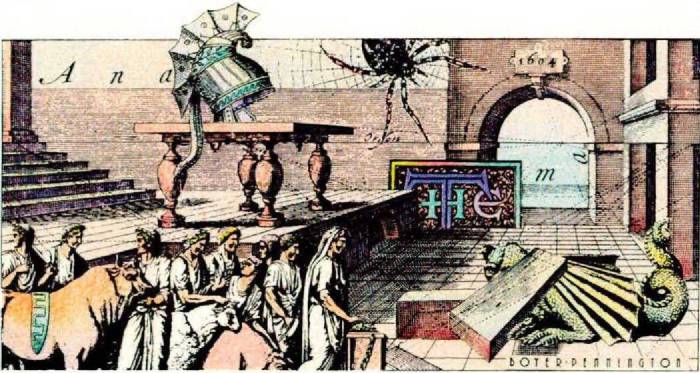Following the depression of the 1780s american merchants – Following the Depression of the 1780s, American merchants faced a complex web of economic and political challenges that reshaped their industry and the nation’s future. This exploration delves into the profound impact of this downturn, examining its financial consequences, political ramifications, and the strategies employed by merchants to recover and adapt.
Economic Impact: Following The Depression Of The 1780s American Merchants

The depression of the 1780s had a devastating impact on American merchants. The financial crisis led to a sharp decline in trade and commerce, resulting in widespread bankruptcies and foreclosures. Specific industries that were particularly hard hit included:
- Shipping
- Mercantile trade
- Agriculture
The depression also led to a significant increase in unemployment and poverty, as businesses were forced to lay off workers and reduce production. The economic crisis had a profound impact on the American economy, and it took several years for the country to recover.
Political and Social Consequences

The depression of the 1780s also had a number of political and social consequences. The economic crisis led to widespread social unrest and political turmoil. In some states, there were even riots and protests. The depression also led to a decline in public trust in the government, as many people blamed the government for the economic crisis.
The depression also had a significant impact on social classes and relationships. The economic crisis led to a widening gap between the rich and the poor, as the wealthy were able to weather the storm better than the poor. The depression also led to an increase in crime and social unrest.
Foreign Relations

The depression of the 1780s also had a significant impact on America’s foreign relations. The economic crisis made it difficult for the United States to pay its debts to foreign countries, and it also led to a decline in diplomatic ties.
The depression also made it more difficult for the United States to defend its interests abroad.
Despite these challenges, the United States was able to maintain its independence and its territorial integrity. The depression did, however, have a lasting impact on America’s foreign relations, and it took several years for the country to rebuild its diplomatic ties and its military strength.
Recovery and Adaptation

The American merchants used a variety of strategies to recover from the depression of the 1780s. Some merchants diversified their businesses, while others sought new markets for their goods. Some merchants also took advantage of government assistance, such as loans and tariffs.
The government also played a role in facilitating economic recovery by providing financial assistance to businesses and by promoting trade and commerce.
The depression of the 1780s had a long-term impact on the American economy. The economic crisis led to a decline in manufacturing and trade, and it also led to an increase in the national debt. The depression also led to a number of changes in government policies, such as the creation of the Bank of the United States and the adoption of a protective tariff.
These policies helped to stabilize the economy and to promote economic growth.
FAQ Compilation
What were the primary industries affected by the depression?
Shipping, agriculture, and manufacturing were among the industries hardest hit by the economic downturn.
How did the depression impact trade and commerce?
The depression led to a decline in both domestic and international trade, as consumers and businesses reduced spending.
What role did foreign aid play in mitigating the depression?
Foreign aid from countries such as France and Spain provided some relief, but its impact was limited.